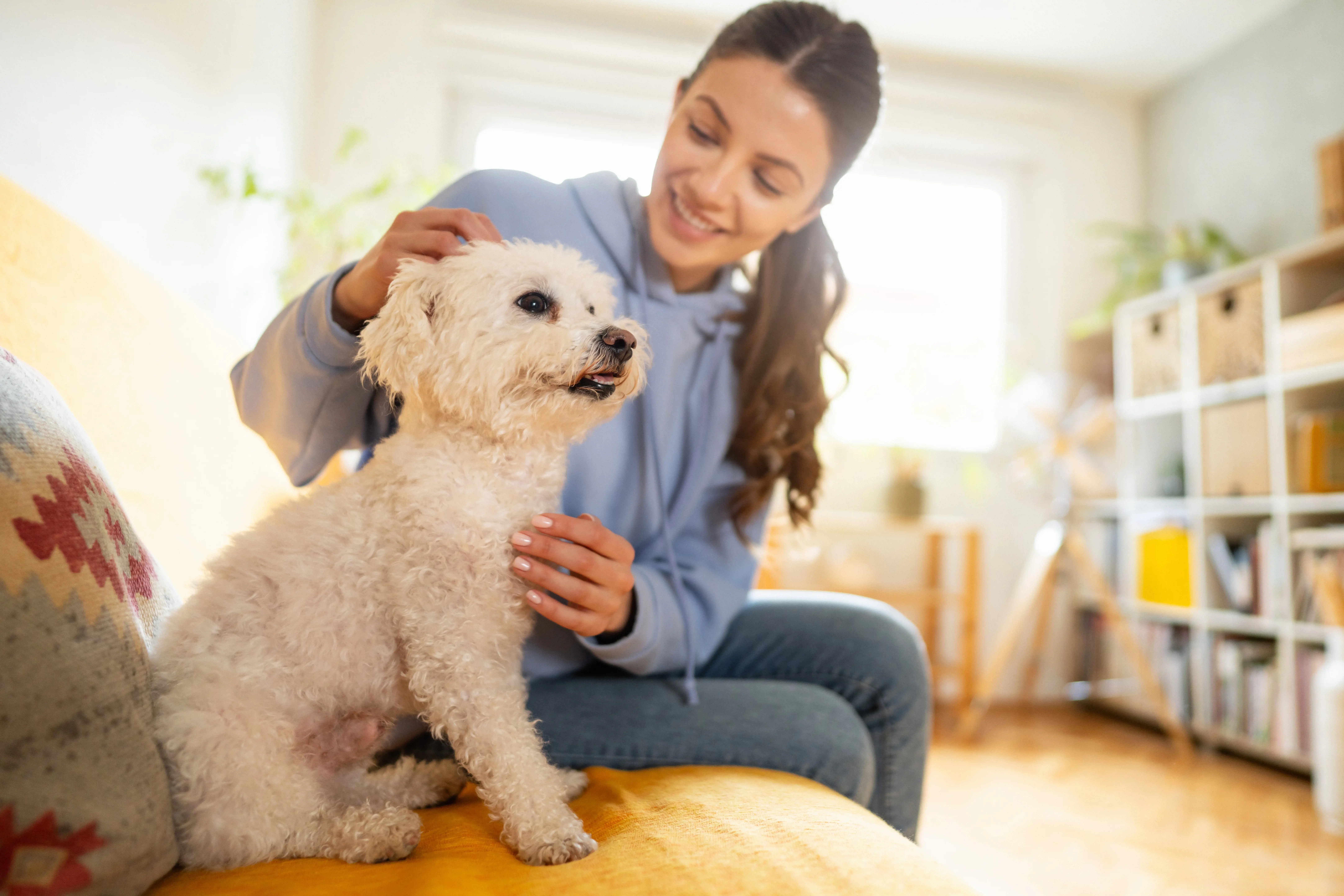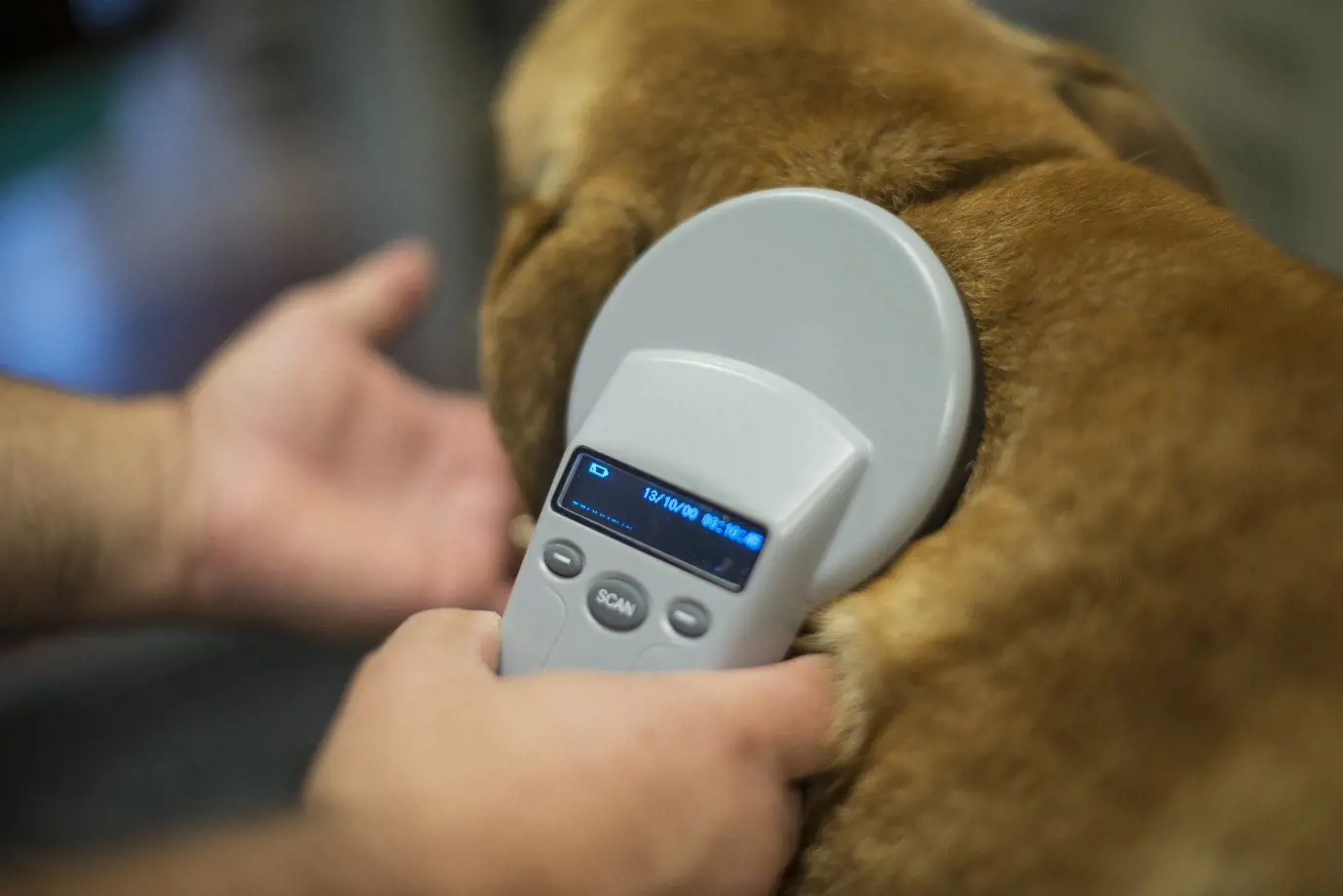How to help a depressed dog: A comprehensive guide
19th October, 2023

Being a pet owner comes with its own set of challenges and responsibilities, one of which is understanding and addressing the emotional well-being of your animal companion.
It may come as a surprise to some, but dogs, much like humans, can suffer from depression. This article aims to provide a comprehensive guide on how to help a depressed dog, including tips on identifying the signs, understanding the causes, and exploring various remedies.
Recognising the indicators of canine depression
A dog's mental health can be just as complex as a human's, and their symptoms of depression can manifest in a variety of ways. It is essential to identify these signs early on to provide your pet with the necessary care and attention they need.
Dog depression symptoms
Depression in dogs can present itself in numerous ways, often mirroring the symptoms seen in humans. Here are some common indications of depression in dogs:
- Reduced interest in play or interaction with toys and humans
- A general lack of energy or enthusiasm
- Avoidance of human contact or hiding in isolated areas
- Excessive sleep or difficulty sleeping
- Decreased appetite or refusal to eat
- Aggressive behaviour such as growling or howling
Signs of anxiety in dogs
Anxiety, while different from depression, can often coexist, leading to a more complex emotional state. Some common signs of anxiety in dogs include:
- Destructive behaviour such as chewing furniture or personal belongings
- Excessive licking of paws or other body parts
- Unexplained urination or bowel movements
- Excessive panting without any apparent reason
- Aimless pacing or restlessness
- Whimpering, trembling, or excessive whining
It is essential to remember that these symptoms can also indicate other underlying health issues. Therefore, a visit to the vet is crucial if your dog displays these signs.
Understanding the causes of dog depression

Understanding the root cause of your dog's depression is the first step towards helping them. Just like humans, dogs can be affected by several factors that can lead to depression or anxiety. These may include:
- Major life changes: Dogs thrive on routine and predictability. Any significant change in their environment, such as a move, a new family member, or the loss of a loved one, can lead to depression.
- Physical illness: A physical ailment can significantly affect a dog's mental health. If your dog is showing signs of depression, it's essential to rule out any physical causes.
- Grief: Dogs are capable of mourning the loss of their human or animal companions. The loss of a playmate or a loved one can be a significant cause of depression in dogs.
- Environmental changes: Changes in the environment, such as a move to a new house or a change in the weather, can have a profound effect on a dog's mood.
- Fear or phobia: Phobias and fears can induce a state of depression in dogs. If your dog is exhibiting symptoms of depression, consider if any recent events may have triggered fear or anxiety.
- Owner's mood or absence: Dogs are highly sensitive to their owner's emotions. If you're feeling depressed or spend a lot of time away from home, your dog may mirror your emotions.
- Unknown causes: In some cases, the cause of depression in dogs remains unknown.
Implementing solutions: How to help a depressed dog
Knowing the signs and causes of depression in dogs is just the first step. The next step - and arguably the most crucial - is figuring out how to help a depressed dog. Here are some strategies you can implement to help your furry friend:
Consult your vet
Before attempting any remedy, it's important to consult your vet. They can help identify if your dog's symptoms are a result of depression or another medical condition. If the problem is indeed depression, your vet may suggest treatment options such as therapy or medications.
Maintain a regular schedule
Dogs find comfort in routine. Establishing a regular schedule for meals, walks, and playtime can help alleviate your dog's anxiety and depression. This predictability can provide a sense of normalcy and security for your dog.
Keep your dog engaged
Under-stimulated dogs can easily fall into a state of depression. Providing them with interactive toys, mental stimulation, and physical activity can keep their minds active and ward off feelings of depression.
Encourage social interaction
Dogs are pack animals and thrive on social interaction. Regular trips to the dog park, play dates with other dogs, or even getting a new pet can provide your pooch with the social interaction they need.
Show love and patience
Your dog needs your love and patience, especially when they're feeling down. By spending extra time with them and showing them affection, you can help alleviate their feelings of depression.
Consider natural remedies
Essential fatty acids and probiotics have been known to improve mood and overall mental health in dogs. Discuss with your vet about integrating these into your dog's diet.
Vary their diet
Low blood sugar can contribute to feelings of depression. Feeding your dog a high-quality diet at regular intervals can help maintain their blood sugar levels and improve their mood.
Engage their natural instincts
Helping your dog engage in activities that cater to their natural instincts - like hunting or tracking - can help improve their mental health.
Conclusion
Mental health in dogs is a serious matter that often goes unnoticed. As a dog owner, knowing how to help a depressed dog is crucial. If you notice any signs of depression in your dog, it's important to consult with a vet and take necessary steps to improve their mental well-being. Remember, you are their primary source of love and comfort.
If you're worried about the cost of your dog's treatment, consider getting dog insurance. You can get a dog insurance quote for your furry friend through our website.
For more information, you can get in touch with our dog insurance team on 0330 102 5748. It is important to note that Purely Pets will only cover behaviour for new conditions after the policy has been in force for a minimum of 24 months.
Disclaimer: This article is for informational purposes only and does not constitute medical advice. For an accurate diagnosis of your pet's condition, please make an appointment with your vet.
Helpful Pages
Recent Posts
Pet Insurance Quote
- 98% claims paid *
- Claims paid directly to vets
- 24/7 vet video consultations
- Interest free monthly payments




